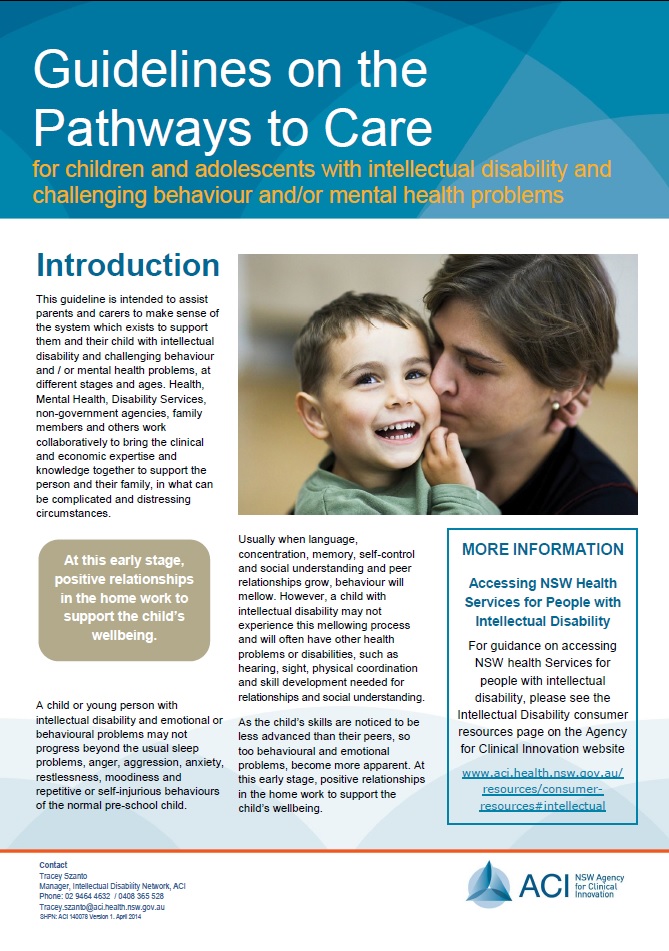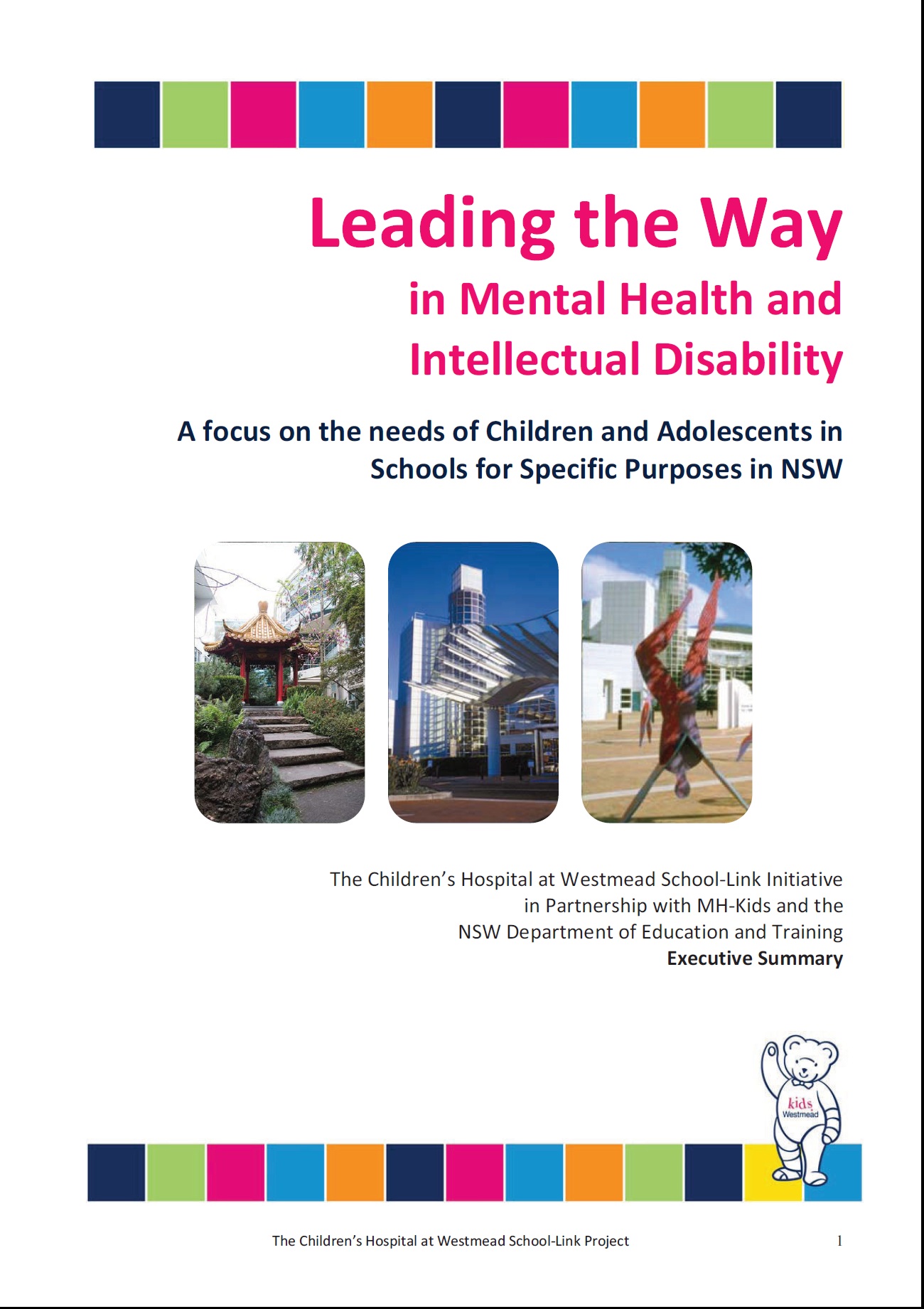Trauma Informed Neurodevelopmental Practice Workshop
 Monday, June 26, 2017 at 2:21PM
Monday, June 26, 2017 at 2:21PM TIC TOCK- Trauma Informed Neurodevelopmental Practice for Learning and Growing in the Classroom Years 7 - 10
Date: Monday, 13 November 2017 Cost:$240
This training delivered by SAL Consulting draws on the Neurosequential Model of Therapeutics (NMT), a neurodevelopmentally-informed, biologically respectful perspective on human development and functioning to help educators understand student behaviour and performance.
The goals of NMT are to educate teachers, school psychologists,counsellors and learning support staff in basic concepts of neurosequential development and then teach them how to apply this knowledge to the teaching and learning process. NMT is not a specific “intervention”; it is a way to educate school staff about brain development and developmental trauma and then to further teach them how to apply that knowledge to their work with students inside and outside the classroom, particularly those students who have had adverse childhood experiences.
The training will provide information and practice examples to use with small and large groups of children. This form of targeted positive support can assist children and young people with learning, with their connection to others and will support teachers in the evolution of their classroom ‘ecology’.
Download the flyer here.
Contact SAL Consulting to register - https://www.salconsulting.com.au/more/contact/
 Jodie Caruana | Comments Off |
Jodie Caruana | Comments Off | 





